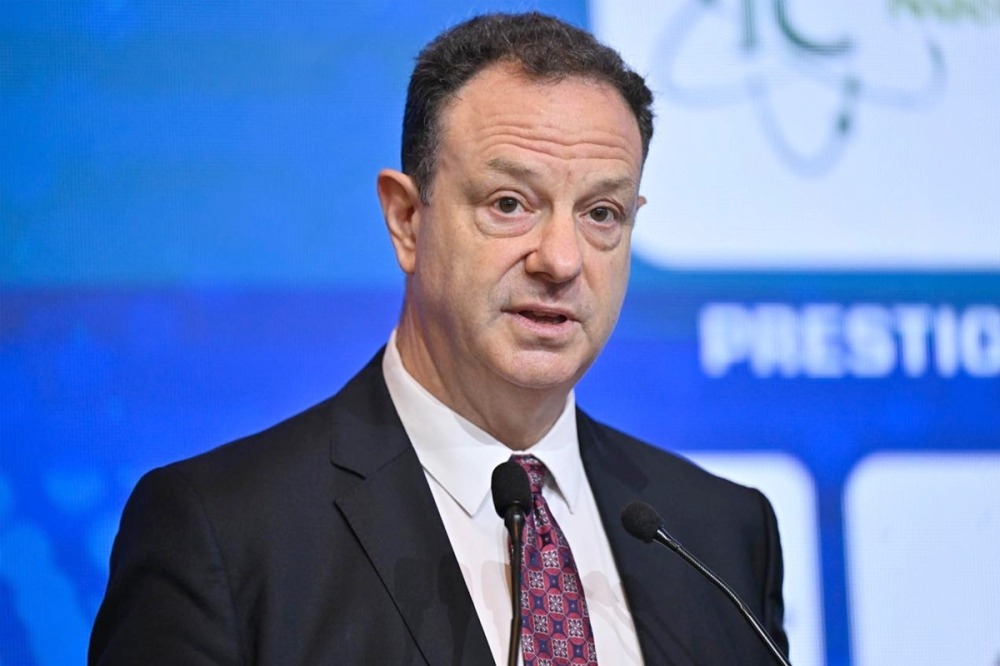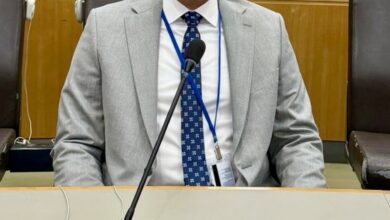U.S. offers technical support for civil nuclear program in Kuwait
As energy demands grow and global climate concerns mount, Kuwait’s potential move toward civil nuclear energy — underpinned by strategic partnerships and technical support — could mark a transformative step in its path toward sustainable development.

As Kuwait faces increasing challenges in meeting its electricity demands, discussions on adopting peaceful nuclear energy have gained momentum. A significant step in this direction was marked by the recent visit of Justin Friedman, Senior Advisor for Nuclear Energy Trade Competitiveness at the U.S. State Department, who brought forward a proposal to support Kuwait in establishing a civilian nuclear power program.
Friedman’s visit in June included a series of high-level meetings with officials from the Ministry of Water and Energy, the Kuwait Foundation for the Advancement of Sciences (KFAS), the Kuwait Institute for Scientific Research (KISR), and representatives from the private sector. These discussions aimed to explore the feasibility of deploying innovative small modular reactors (SMRs) as a reliable and secure source of power, reports Al-Jarida daily.
Friedman emphasized that energy security is national security, and described civil nuclear energy as a viable solution within a five- to seven-year timeframe. He noted that the U.S. government and American companies are actively deploying advanced nuclear technologies and are ready to provide technical support to countries like Kuwait that seek to diversify their energy portfolios.
“Working with American companies will enable Kuwait to leverage world-leading technologies and benefit from a robust safety culture built over decades,” Friedman stated, referencing the U.S. legacy in nuclear energy that dates back to the “Atoms for Peace” initiative of 1954.
The visit also centered on the continued strategic dialogue between the U.S. and Kuwait regarding peaceful nuclear energy development. According to Friedman, discussions were aligned with key recommendations outlined in a new white paper titled “Kuwait’s Energy Transition… A $389 Billion Opportunity,” published by KFAS and its partners.
Friedman affirmed that Kuwait possesses the necessary technical capabilities and a growing base of local expertise. He expressed confidence in the country’s readiness to advance its civil nuclear agenda. He also highlighted the importance of the “123 Agreement”, a U.S. legal framework for nuclear cooperation, which ensures adherence to stringent standards for safety, security, and nonproliferation.
Addressing regional concerns about climate change and sustainability, Friedman underscored the U.S. view that civilian nuclear energy is essential for achieving long-term energy security. He noted that U.S. nuclear plants currently generate around 20% of the country’s electricity, and emphasized that each nation must determine its own energy mix in pursuit of environmental and economic goals.
In a message to Kuwait and its Gulf neighbors, Friedman commended the country’s investment in building a knowledge base in the nuclear field and encouraged further development of human and technical capacities. “The nuclear energy program begins and succeeds thanks to the strength of its leaders,” he said, emphasizing that the challenge now lies in implementation.
As energy demands grow and global climate concerns mount, Kuwait’s potential move toward civil nuclear energy — underpinned by strategic partnerships and technical support — could mark a transformative step in its path toward sustainable development.












